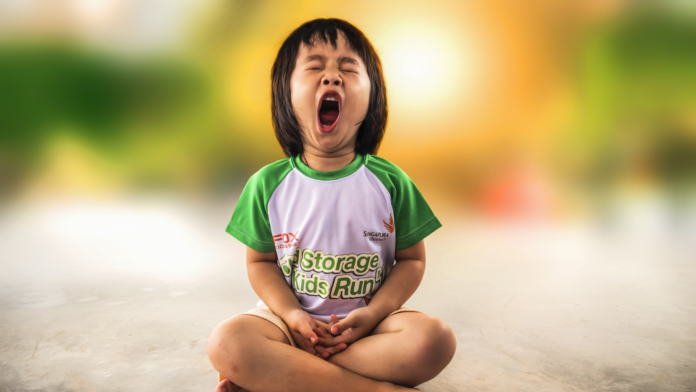The quest for a good night’s sleep is universal. No matter your age or background, we all feel the pain of too little shut-eye, but the impact of insufficient sleep can be particularly damaging in our earlier years.
There is substantial evidence that a lack of good quality sleep can have a dramatic impact in childhood, from reducing cognitive and academic performance, to increasing behavioural difficulties and obesity.
‘Sleep hygiene’ is an increasingly popular buzzword, and it’s defined as the behaviours and practices conducive to proper sleep. Every parent seems to be a vocal proponent of a different set of rules, all intended to help ensure a good night’s rest – from providing a cool and quiet sleeping environment to reading before bedtime.
But for parents struggling to help their kids get the sleep they need, do any of these bedtime tricks really work? A University of British Columbia nursing professor and sleep expert Wendy Hall recently led a review to find out.
The team systematically analyzed the evidence for sleep hygiene in 44 studies from 16 countries across four age groups: infants and toddlers (4 months to 2 years), preschoolers (3 to 5 years), school-age children (6 to 12 years) and adolescents (13 to 18 years).
Covering close to 300,000 kids in North America, Europe and Asia, the team wanted to find out what elements of sleep hygiene have actually been linked to improved sleep duration and quality.
Some of the findings reinforce timeless pearls of wisdom. For example, the studies endorse a regular bedtime routine, including reading a book before bed. A bedtime routine increases sleep duration and reduces both the amount of time it takes to fall asleep and the likelihood of night-time waking at all ages.
Interestingly for new parents, allowing a child to fall asleep independently, and when woken get back to sleep on their own (known as self-soothing), has the same effect.
The review also reiterates the association between technology use before bedtime and worse sleep, emphasizing the need to avoid phones, movies and video games before bed.
But the review also turned up some more surprising findings, such as the lack of evidence linking evening caffeine intake to sleep outcomes. In fact, it’s the total intake during the day that matters in school-aged children and teens.
Similarly, three studies from China and Korea linked less sleep to long commutes and large amounts of homework. This is a warning sign of the growing pressure for kids to attend ‘the best’ school and get perfect grades.
All in all, Hall’s key takeaway is that despite the relatively large body of literature on sleep hygiene, the quality of the studies is generally low. This lack of data makes it difficult to link specific activities to sleep outcomes.
“For now, I would still strongly recommend that parents set bedtimes, even for older kids,” explains Hall. “Things like sitting down for a family dinner, establishing certain rituals like reading before bed, and limiting screen time as much as possible.”








































